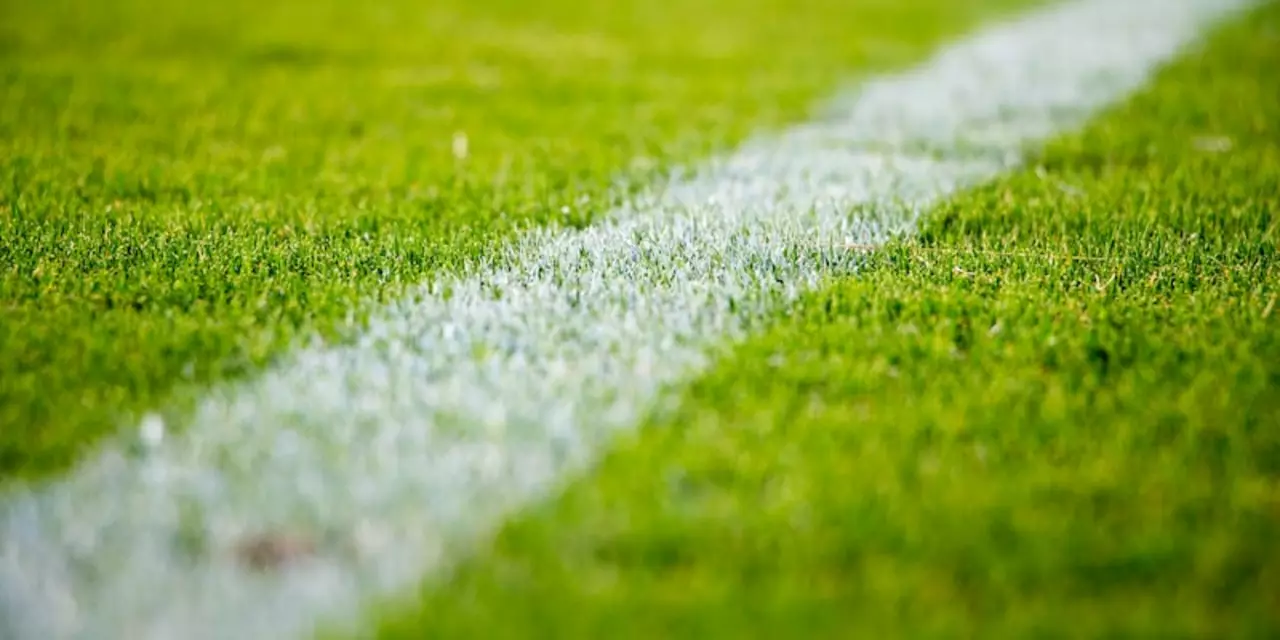Discipline in Sports – Why It’s the Game‑Changer
When you watch a top athlete, the flash of talent is obvious, but the hidden engine is discipline. It’s the daily grind that makes a star stay sharp, a team stay together, and a coach stay in control. Without it, even the best skills can fall apart under pressure.
Think about a footballer who trains six days a week, eats the same meals, and gets enough sleep. That routine sounds boring, but it’s the backbone of every big win. Discipline isn’t a one‑off effort; it’s a habit you repeat until it becomes second nature.
What Discipline Actually Looks Like
Discipline shows up in three simple places: practice, preparation, and mindset. In practice, it means showing up on time, doing the drills you don’t like, and pushing through fatigue. In preparation, it’s about studying opponents, reviewing video, and planning your role. In mindset, it means staying calm when things go wrong and not letting emotions hijack your game.
Take a basketball player who misses a free throw in a tight game. A disciplined mind doesn’t spiral; it refocuses on the next shot. That quick reset is a skill you can train, just like a jump shot.
Team discipline works the same way. When every player follows the same game plan, trusts the coach, and respects each other’s roles, the whole group moves as a unit. You’ll see fewer arguments, fewer missed assignments, and more wins.
How to Build Discipline Every Day
Start small. Pick one habit—say, a ten‑minute stretch after every workout. Do it for a week, then add another habit, like logging your nutrition. Small wins create momentum and make the bigger goals feel reachable.
Set clear, measurable goals. Instead of “get better at defense,” try “increase tackles per game by 20% over the next month.” Numbers give you a way to track progress and stay accountable.
Use a simple tracking tool—maybe a notebook or a phone app. Write down what you did, how you felt, and what you’ll improve tomorrow. Seeing the list grow keeps you motivated.
Find a buddy or coach who calls you out when you slack. A quick text saying, “Did you hit the gym today?” is a gentle nudge that keeps you honest.
Remember that rest is part of discipline too. Skipping sleep or ignoring recovery hurts performance. Treat your body like a high‑performance engine: fuel it, maintain it, and give it breaks.
When setbacks happen—and they will—don’t quit. Ask yourself what went wrong, adjust the plan, and get back on track. Discipline is a marathon, not a sprint.
Finally, celebrate the small milestones. Made it to the gym three days in a row? Pat yourself on the back. Those celebrations reinforce the habit loop and make the next round easier.
In short, discipline fuels consistency, and consistency turns potential into results. Whether you’re an aspiring rookie or a seasoned pro, sharpening your discipline will lift your game, your confidence, and your enjoyment of sport.
